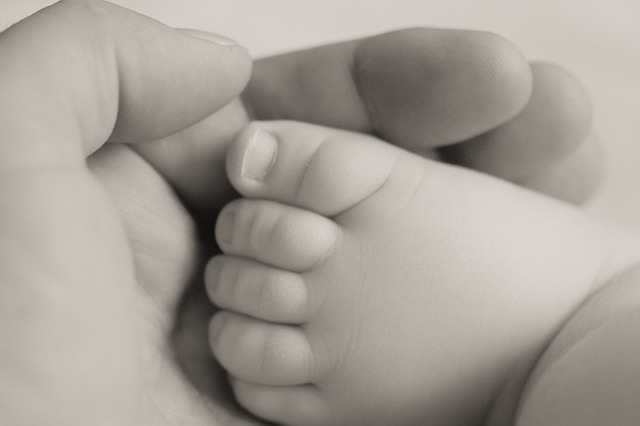A Hong Kong man has been detained by customs authorities in Shenzhen for attempting to smuggle blood samples of pregnant mainland women into the city.
The case, reported by Headline Daily today, was linked to the long-running underground prenatal DNA sex testing industry, in which expectant mothers use clinics in Hong Kong identify their fetus’ gender.
The practice is used by mainland couples — who are legally prohibited from learning the sex of their baby under laws designed to combat gender bias for boys — to decide whether or not to get abortions.
According to the newspaper, the man, attempting to re-enter Hong Kong last week, was intercepted by customs officers on the mainland side of the Lo Wu Control Point.
He was found carrying 34 blood samples, in containers marked with the details of the samples’ owner and ultrasound test results.
They also found applications forms for tests from clinics in Hong Kong. The man, the outlet reported, was likely a courier used by agencies facilitating the tests, which have been the subject of past crackdowns.
All the samples and application forms were withheld for further investigation.
According to the newspaper, the cost of these tests ranges from HK$100 to HK$300 (US$13 to US$38).
Out of China’s population of 1.4 billion, there are nearly 34 million more males than female.
The country’s official one-child policy, in effect from 1979 to 2015, was a major factor in creating the imbalance, as millions of couples were determined that their child should be a son in order to carry on the family name.
The Chinese government has relaxed this policy in over years; since its implementation they have allowed couples to have a second child if neither parent has siblings, or if the first-born to a rural couple is a girl, and in 2016 the government changed it to a two-child policy.
However, traditional gender bias remains and, according to a Global Times story last year, many still seek DNA tests at clinics in Hong Kong to determine whether they should keep their child.
The tests, which use gene detection technology to search for a Y-chromosome in a mother’s blood, claim to be able to detect a fetus’ sex within seven weeks of pregnancy.
The Global Times reported that the fetus sex identification industry, based around Shenzhen and Hong Kong, had grown, despite laws on the mainland prohibiting it.
Chinese authorities in 2016 dismantled a network smuggling blood samples for testing in Hong Kong. The syndicate, according to the BBC, brought in some US$30 million.





Reader Interactions